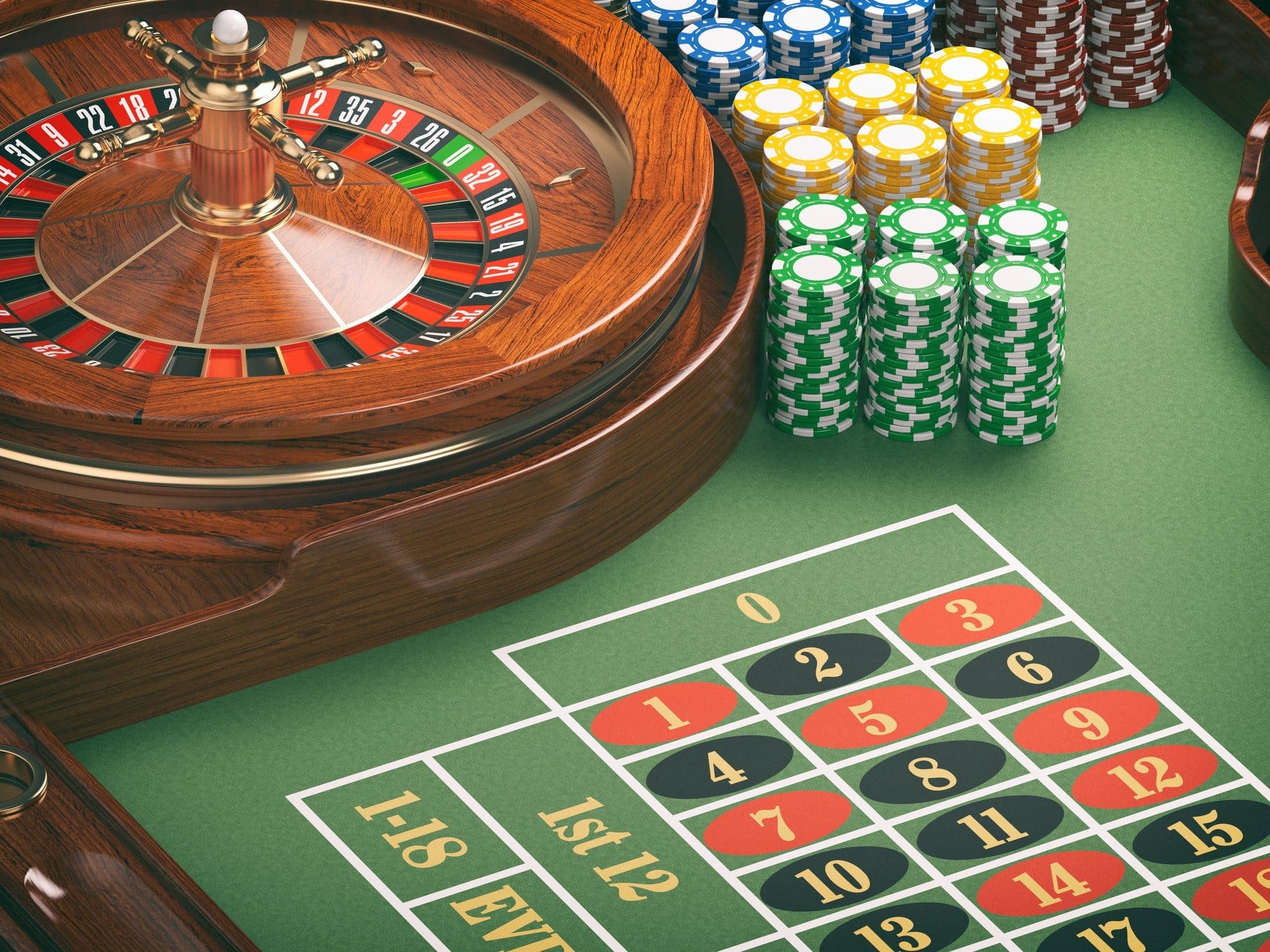An Overview of Gambling History: Dating Back to Ancient Civilizations to Present-Day Casino Gaming

Betting has been an integral part of human entertainment for thousands of years, developing through societies and periods to become the exciting casino games we know today. From the ancient Chinese and Romans, who participated in different forms of gambling and chance, to the advanced gaming floors of contemporary casinos, the attraction of gamble and winning has enchanted individuals across the globe. The shift from basic dice games and rudimentary betting setups to the lavish environments of modern casinos reflects significant strides in both social norms and technological.
As societies evolved, so too did the complexity of gambling activities, with casino games emerging as a separate category of entertainment and excitement. These activities have changed from casual gatherings centered around wooden tables to sprawling, opulent establishments designed to entice players. Today, we explore this intriguing journey, examining how historical practices laid the foundation for the varied and exciting casino activities that bring joy to millions worldwide.
spintax
Early Betting Traditions
Wagering has significant roots in human past, with indications of activities of chance dating back to ancient civilizations. Archaeologists have discovered that as far back as 3000 BC, the people of China were using primitive forms of betting with dice made from bones. Similarly, ancient cultures of Mesopotamia engaged in betting activities, often relying on the tossing of lots or dice to determine outcomes. These early forms of gambling served not only as entertainment but also played vital roles in social and cultural customs.
The Egyptians also took part in betting activities, with games that included betting on the results of various events, including athletic events and religious festivals. Items such as dice and depictions of gamblers from ancient tombs show that gambling was a common pastime. It provided both leisure and a means of engaging in social connections, often linked to joyful occasions or important gatherings. This activity demonstrated the universal appeal of chance and rivalry throughout history.
In ancient Rome, wagering became a commonplace practice among the citizens, as evidenced by references in literature and the establishment of rules around certain activities. Romans enjoyed a variety of betting activities, from betting on chariot races to playing games similar to modern-day board games. The legal structure surrounding these activities began to take shape, establishing the foundations for betting regulations that would develop in the centuries to come. The fame of gambling during this period set the stage for the development of casino games in the future.
The Development of Gambling Games
Gambling games have experienced significant transformations from their origins to the contemporary entertainment options. In historical civilizations, gaming was often linked to ceremonial practices, with games of dice found in Mesopotamia and wagering on the outcomes of events in old Rome. These early forms of gambling laid the groundwork for the structured games we see today. The shift from informal gambling to regulated games happened as societies began creating rules and venues for wagering, reflecting cultural values and practices.
The Middle Ages saw the rise of card games, which gained fame among the nobility of Europe nobility. Games like first and the game baccarat became essential components in social gatherings. The creation of printing technology additionally facilitated the spread of playing cards, making them more reachable to the general public. As gambling houses began to increase, these card games evolved into different forms that appealed to wider audiences, eventually leading to the founding of casinos as exclusive venues for gaming. Bắn cá 78win
The 1900s marked a pivotal point in the development of casino games, with the rise of commercial casinos in Las Vegas and other gaming hubs. This era brought forth games like video slots and modern adaptations of table games, complete with sophisticated graphics and complex betting structures. The introduction of online casinos in the tail end of the 1990s additionally transformed the gaming industry, allowing players to access a great variety of casino games from the comfort of their homes. Today, gambling games persist to evolve, blending traditional elements with state-of-the-art technology to create captivating experiences for players globally.
Modern Gambling Laws
In recent years, the environment of gambling laws has developed considerably, particularly as technology and internet-based gaming have become more prevalent. Regulatory bodies around the planet have enacted multiple regulations and standards to ensure that gambling activities are carried out justly, responsibly, and openly. These regulations often encompass factors such as permits, advertising, player protection, and sensible gambling measures. Authorities aim to minimize issues such as problem gambling and fraudulent activities while supporting a equitable gambling environment.
The emergence of online casinos has necessitated a new approach to oversight. Many legal areas have set up dedicated internet-based gambling frameworks that serve internet-based gaming, allowing operators to provide their services within the law. These frameworks often require operators to obtain licenses, adhere to strict safety protocols, and provide assistance options to assist players. By closely observing online activities, authorities can better protect consumers from potential harm and ensure that gaming is carried out in a protected manner.
Additionally, contemporary gaming laws are progressively centering around responsible gaming initiatives. Many casinos and internet-based sites now adopt features such as player exclusion, financial limits, and time-outs to help players control their gaming habits. Awareness campaigns aimed at raising awareness about the dangers of gambling are also frequent. As the sector continues to grow, the focus on sensible gambling remains a fundamental principle of governing efforts, showing a dedication to promoting a safe and enjoyable gaming experience for all gamblers. 78win
